October 31, 2011
![]() 3 mins Read
3 mins Read
Christmas Island, located 360 kilometres south of Jakarta, Indonesia, is not quite in the middle of nowhere, but it’s very close. As one of Australia’s most remote and controversial territories, Christmas Island’s reputation has been mired by the political battle over the status of illegal boat people. However, many Australians are completely unaware of the island’s outstanding natural beauty, unrivalled diving opportunities and friendly Malay community.
Crowned by a mop top of dense rainforest, Christmas Island is skirted by jagged cliffs, keyhole beaches and pristine coral reefs, which are home to some of the rarest species of plants and animals on Earth.
Every year in November, when conditions are right and the moon shines a full light across the sea, Christmas Island bursts into nature’s most spectacular Full Moon Party. Thousands of the island’s native red crabs, which normally spend their lives wandering around the forest floor eating leaf litter, leave their homes in the rainforest and descend to the island’s beaches to breed.
When their eggs are ready, a jostling crowd of females gathers at the ocean’s edge. Crammed alongside each other, with barely any room to move, they throw their pincers in the air and dance until their eggs are washed away from their bodies by tepid seawaters. News of the party then spreads beyond the high-tide mark. Whispers of the event make their way via mysterious ocean channels to giant whale sharks, which glide their way towards the island to feast on the eruption of red crab caviar. And shiny black triggerfish emerge from the reef and gatecrash the whale sharks’ meal by the thousands.
Working on the island as a wildlife photographer is similar to exploring the islands of Galapagos. As I walk around the forest, crabs scuttle away from the paths and I am often serenaded by the calls of Abbott’s boobies. Around dawn, it is possible to be the only person on the cliffs watching brown boobies perform their elaborate courtship displays of gift giving, bill clacking and calling. If you sit quietly, the birds will settle around you and continue with their rituals, completely unaffected by your presence.
Named by a British East India captain who sailed past the island on Christmas Day in 1643, Christmas Island’s natural gifts extend beyond just one day a year. During any visit you can get up close to incredible wildlife. That is, unless the animals gift you with their presence first.
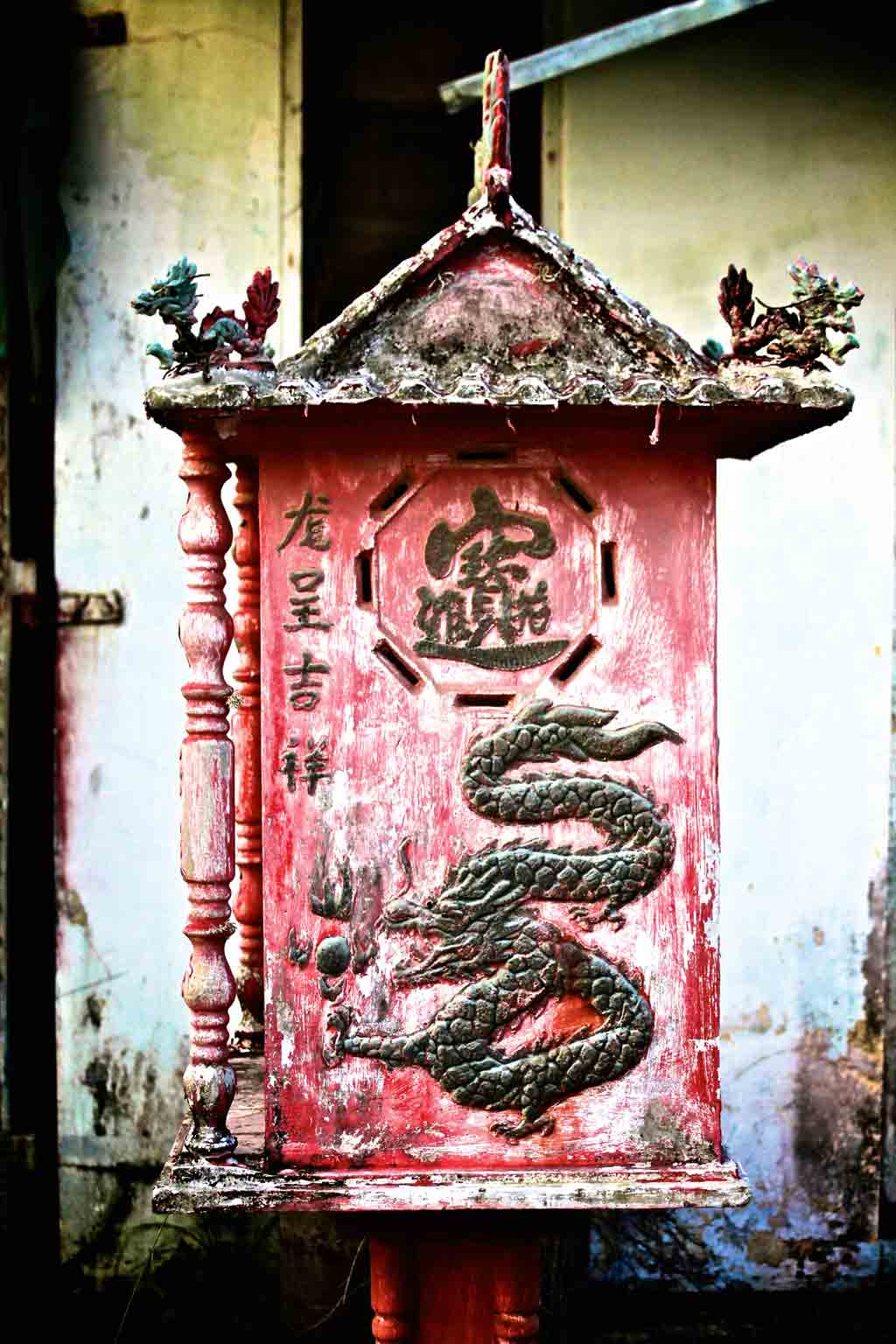
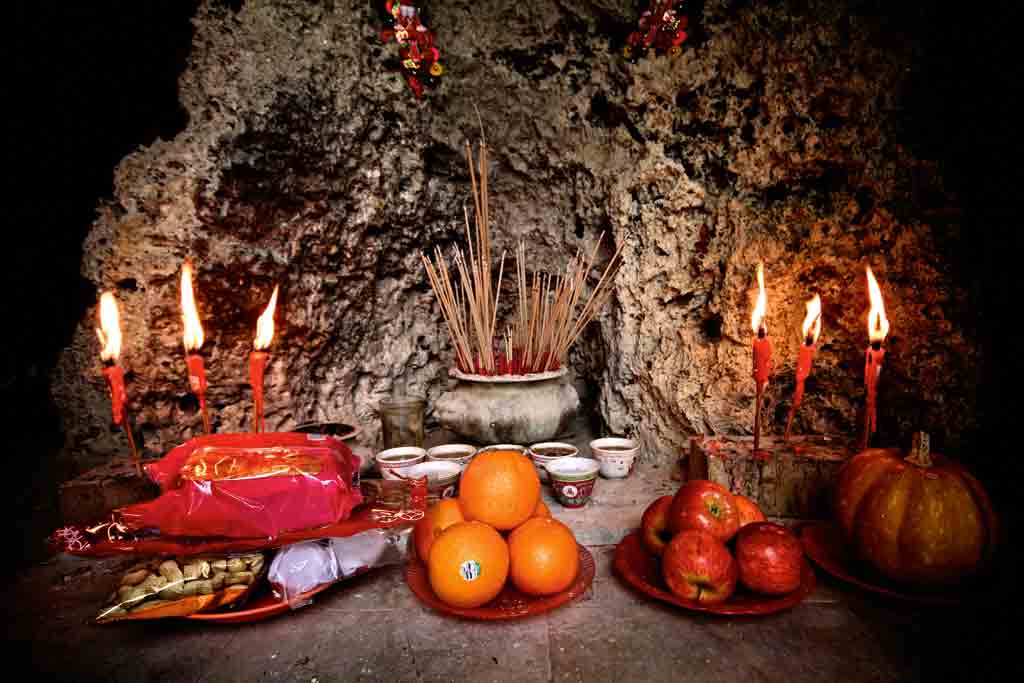
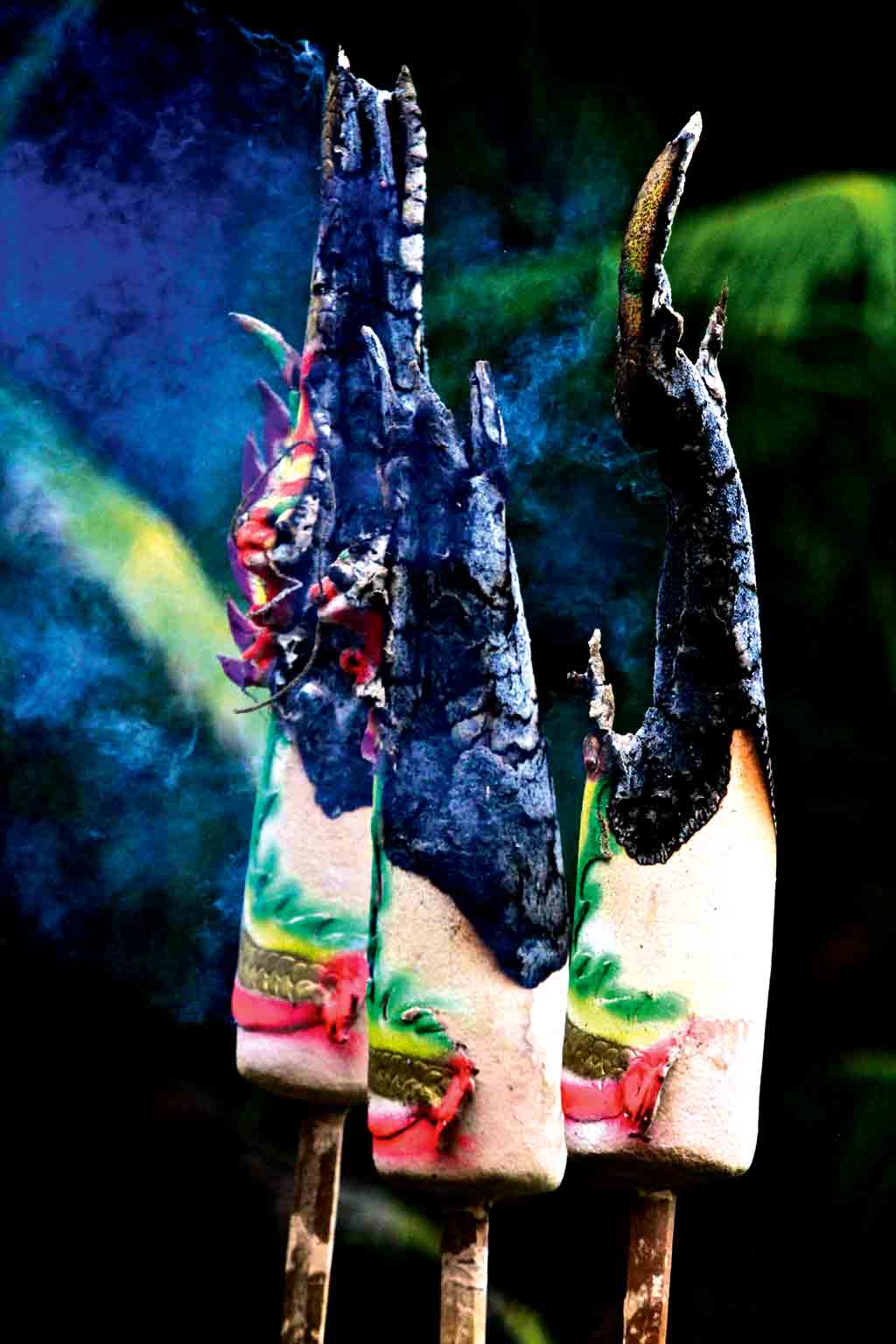
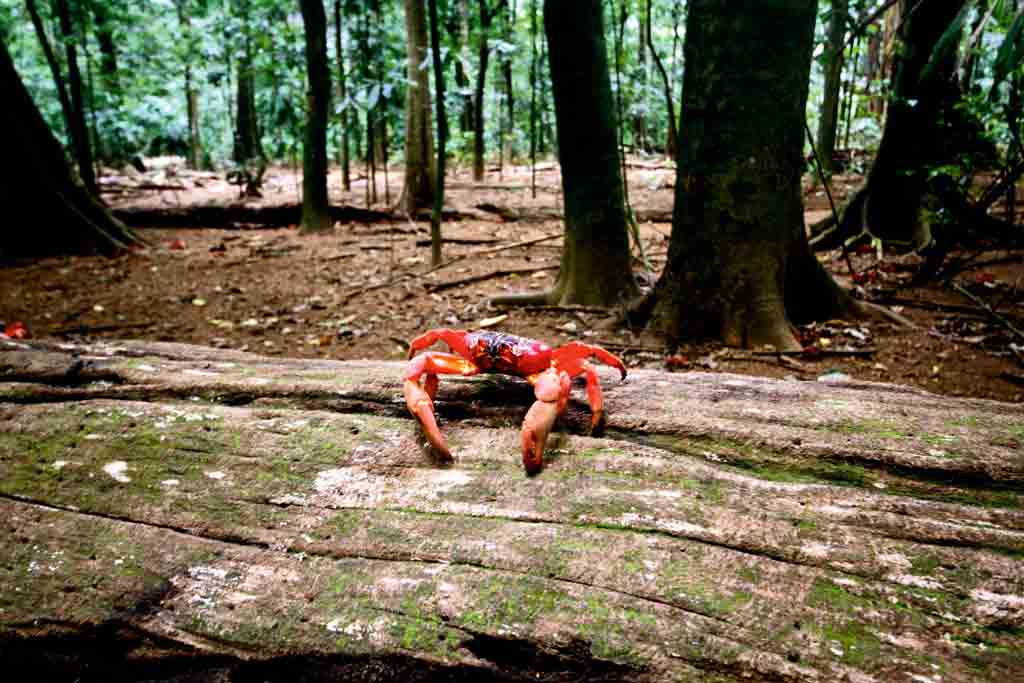
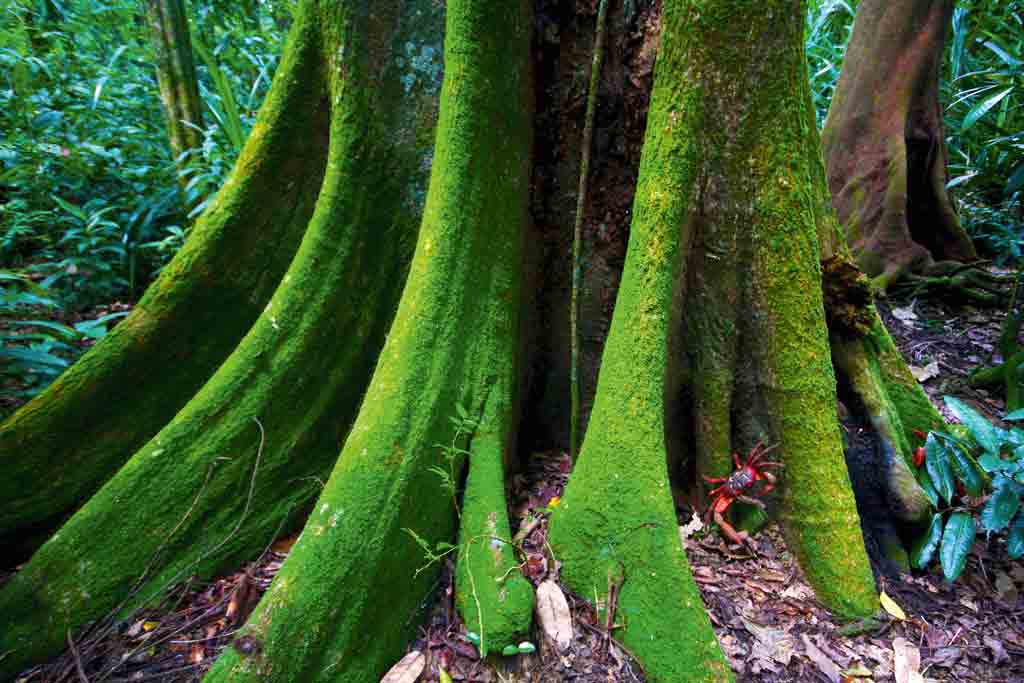
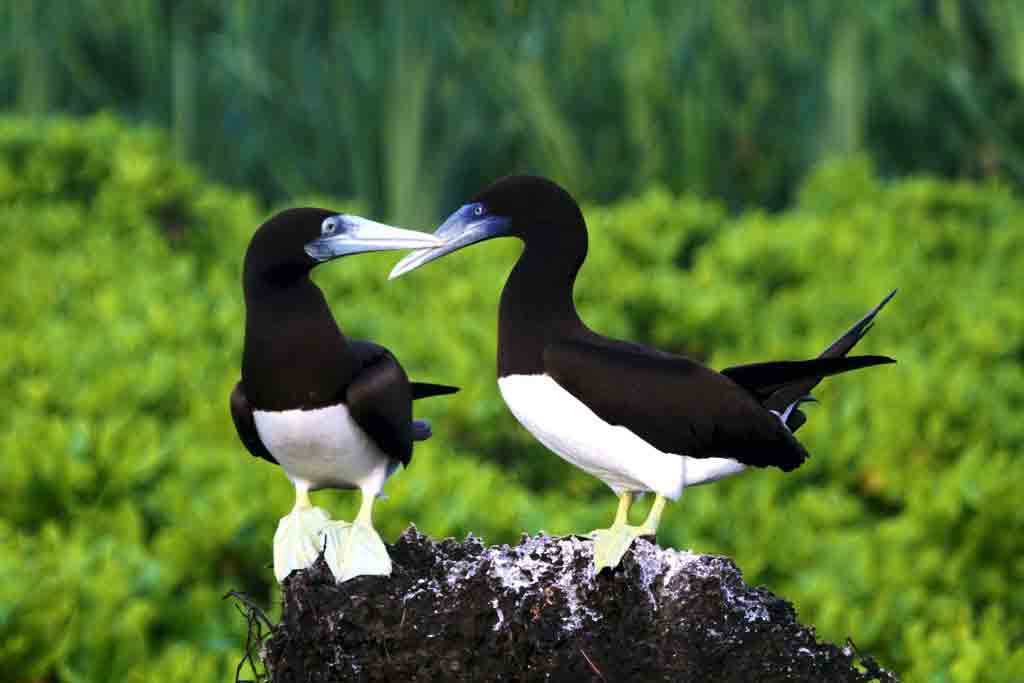
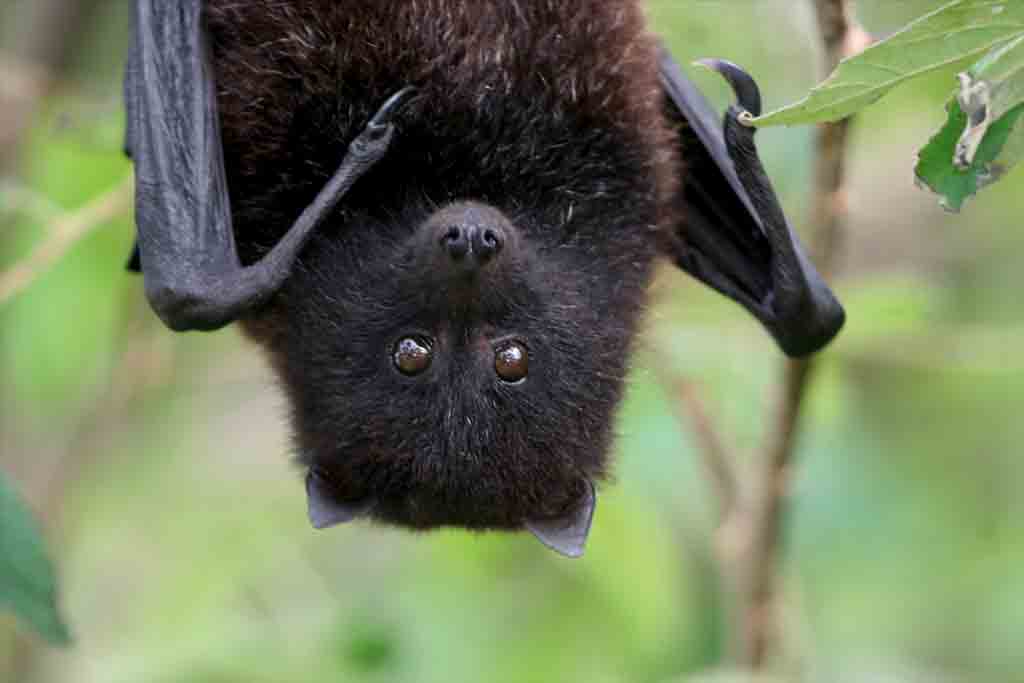
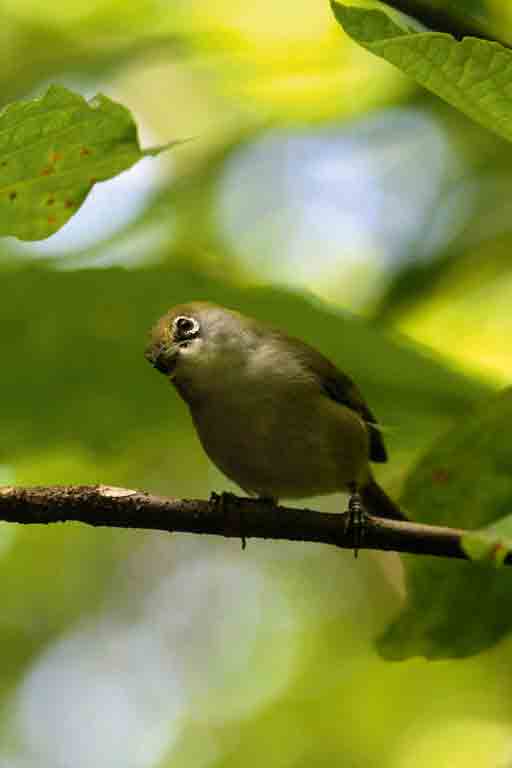
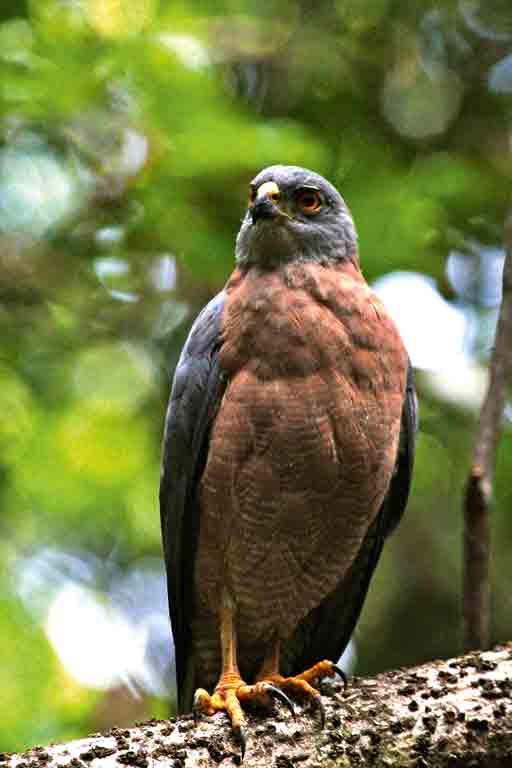
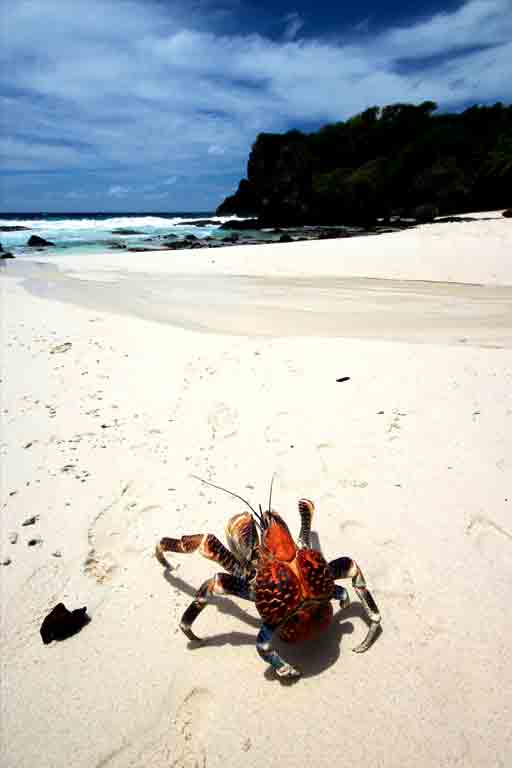
For the  best travel inspiration delivered straight to your door.
best travel inspiration delivered straight to your door.
LEAVE YOUR COMMENT